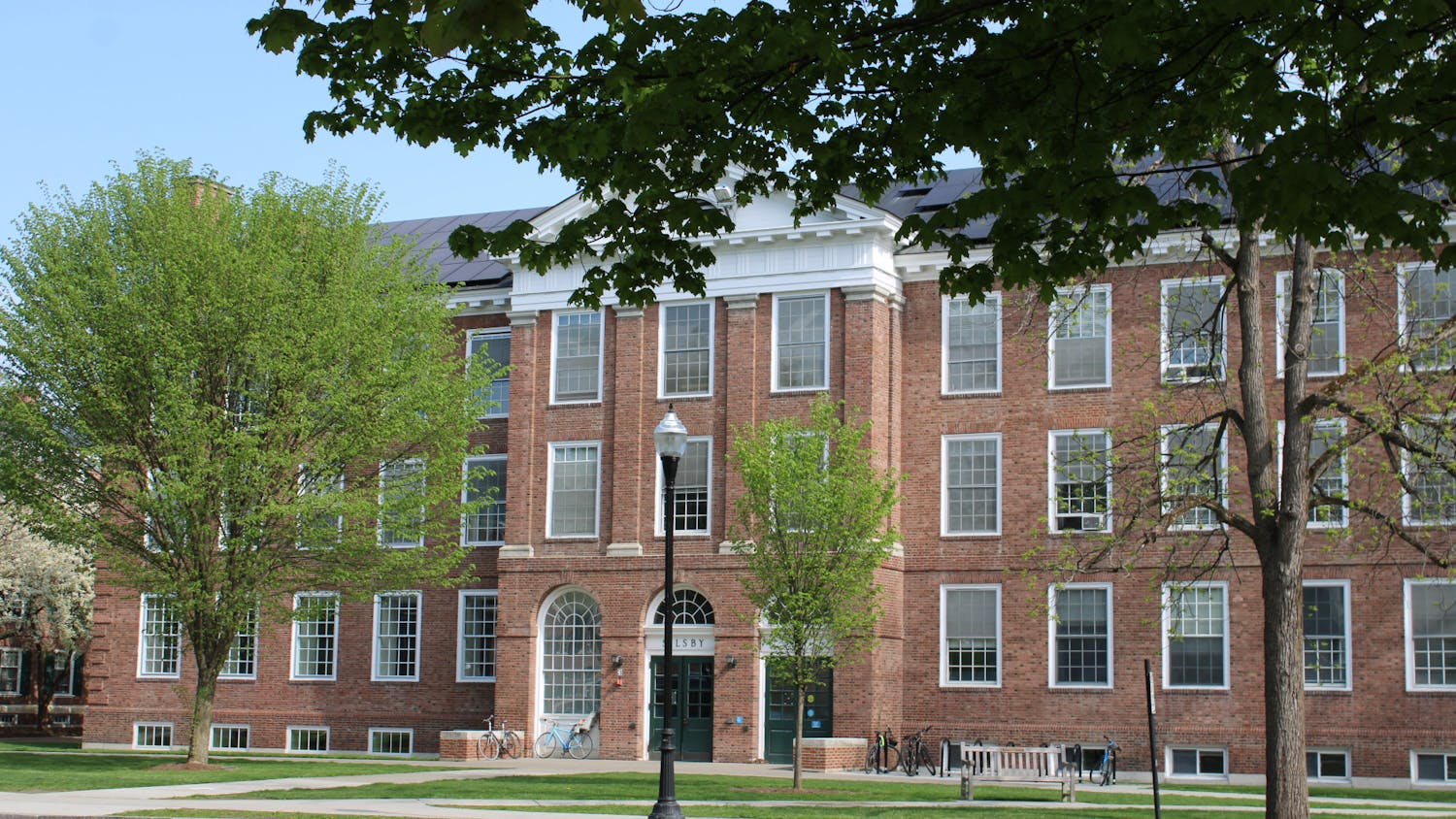Associate Professor of Economics at Santa Clara Daniel Klein pointed out the primacy of Democratic professors at leading Californian universities at a lecture in the Rockefeller Center Wednesday night.
Klein recently published his research on the political ideologies in the realm of academia. In April 2003, the self-proclaimed libertarian, who serves as the director of the Civil Society Institute, conducted two studies to illustrate the liberal leaning of college faculty members.
In the Klein-Western study of voter registration conducted at Berkeley University and Stanford University, Klien studied 1,497 tenure-track professors in 23 departments.
Upon observing the broad groupings of party identification, Klein finds in the study that Democrats compose 352 members of the faculty while Republicans represent 21 only members. Additionally, the largest differences lie in the social sciences department, which Klein says is crucial to understanding sociology and the means of implementing public policy. In the breakdown of the two schools, Berkeley comprises a ratio of 9.9 to 1 party registration and Stanford consists of 7.6 to one.
Klein said the business schools of Berkeley and Stanford have a teacher ratio of Democrats to Republicans of eight to one, contradicting the common assumption that business schools level the imbalance in social sciences and humanities.
"The data suggests that Republican scholars are sorted out of academia," Klein said. "Whether they are screened out by the hiring process or whether they are sorting themselves out by not applying because of an existing assumption that their prospects are low, Republicans are being systematically eradicated from the faculty. Basically, there are no Republicans at the two Harvard Universities of the West."
A second study, which came to a similar conclusion, used data from a survey conducted in April 2003 at six nationwide academic associations: American Anthropology Association, American Economics Association, American Historical Association, American Sociological for Political and Legal Philosophy Association, American Political Science Association, and American Sociological Association.
Within each academic department the survey asked faculty members which political ideology they tend to support. Across the associations, the 828 registered Democrats dwarf the 81 registered Republicans.
Klein admits that his second study suffers from two inherent problems. First, it is possible that Democratic historians are more likely to provide a political ideology in comparison to Republican faculty members, resulting in a response bias in the survey. Second, he hypothesizes that the survey may suffer from membership bias since Democratic historians have a tendency to follow careers in academia more often than Republicans.
"I am not dismissing the possibility that academic growth tends to be geared at a particular personality that reflects a particular political ideology," Klein said. "However, there is no existing evidence that this reasoning supports the rationale that the left dominates the academic sphere."
One criticism of the study is that Democrats disagree with mainstream opinions on issues. Therefore, they can push students to gain a diversity of perspectives. Klein however, presented data, which shows that most policy issues are split evenly along policy lines, which Klein contends disproves the claim of left-wing diversity.
"Defining ideologies will soon sweep all departments, and administration cannot meddle with such internal affairs," Klein said. "When no challengers exist, it is easy to become more comfortable and extreme to the point of vulnerability that incites a motivation to keep out the challengers."



